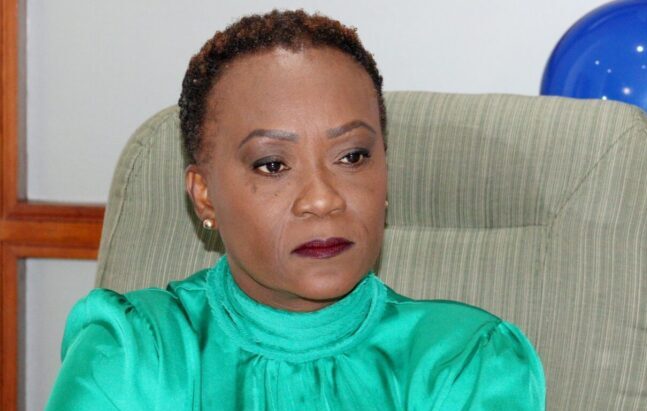FTC Seeks Public Input on Retroactive Billing Policy in Barbados Utility Companies

June 5, 2024
The Fair Trading Commission (FTC) aims to protect consumers from excessive backdated billing by utility providers in Barbados. The regulator seeks public input on a Retroactive Billing Policy for fair practices.
The Fair Trading Commission (FTC) is moving to protect consumers from excessive backdated billing by utility providers.
The regulator plans to implement a Retroactive Billing Policy governing practices at the Barbados Light and Power Company, Barbados Water Authority, and Cable and Wireless (Barbados) Ltd.
“The commission is therefore seeking public input as this assists in determining the conditions under which the policy will be applicable, the period of time the utility will be allowed to retroactively bill and the types of redress available,” said FTC CEO Marsha Atherley-Ikechi. Written comments from interested parties would be considered, she said.
Retroactive billing, also commonly referred to as backbilling, or catch-up billing, is a method of billingemployed by utilities, where a customer is billed for previously unbilled or incorrectly billed consumption periods.
The CEO explained that this is distinguishable from arrears on a customer’s account which arose from nonpayment.
She noted that retroactive billing may be utilised to rectify instances of previous billing anomalies. For example, on discovery of a billing error, the utility issues the customer with a bill for the difference between what was previously billed and what should have been billed.
“This results in the customer being indebted to the utility if previously underbilled, or eligible for a refund if previously overbilled.”
The FTC executive cautioned that this has implications for both customer and utility.
While permitting corrections for billing errors, the CEO said backdating can leave customers owing “a substantial amount if underbilled for an extended period” and facing “immediate payment or disconnection”. This may disadvantage vulnerable groups and cause mental stress.
For businesses, especially small firms, significant backdated charges can disrupt cash flow management.
Conversely, utilities risk “substantial account receivables” if unable to retroactively recoup underbillings, said the regulator.
“In the interest of fairness to all customers and utilities, the commission considers it prudent to establish a policy regulating retroactive billing” in electricity, telecoms, water and sewerage, Atherley-Ikechi announced.
The intended policy will outline customer and utility rights and responsibilities. It will set the permitted backdating period and conditions. The regulator invited stakeholders – government, NGOs, utilities and customers – to provide feedback by June 26.
emmanueljoseph@barbadostoday.bb


